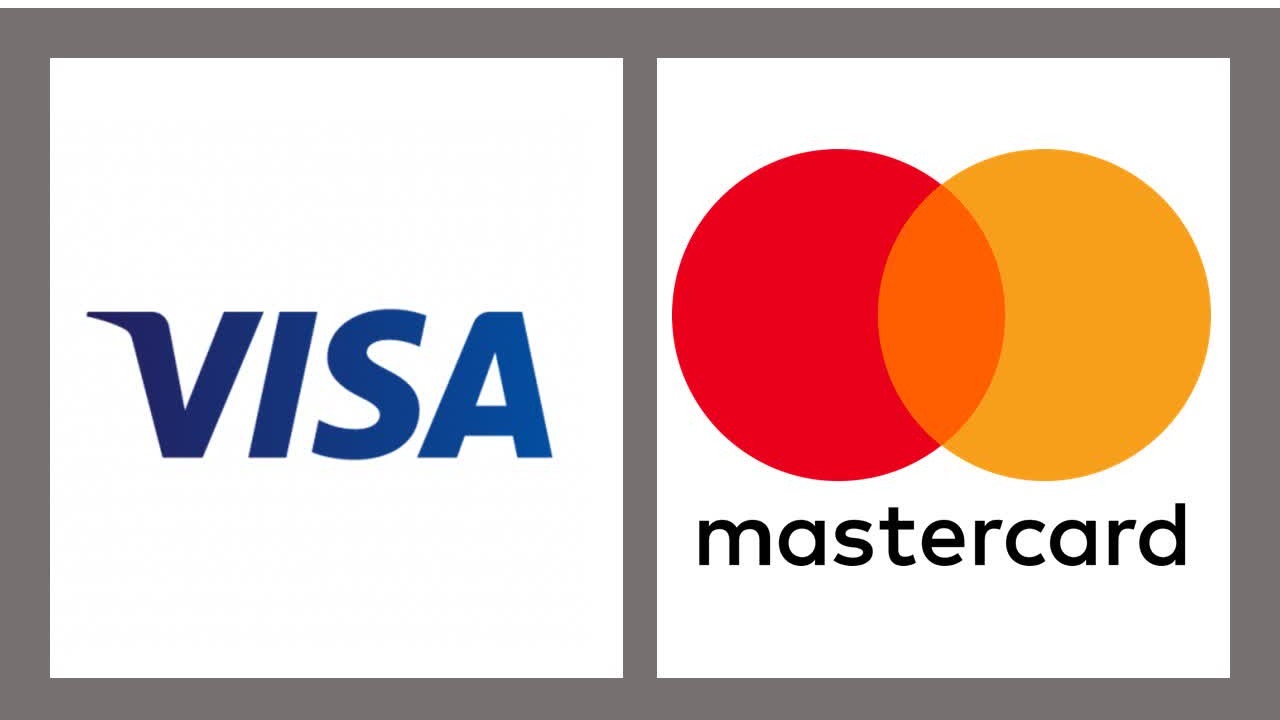The UK Competition Appeal Tribunal has ruled that Visa and Mastercard's multilateral interchange fees violate European competition rules, marking a significant victory for merchants in a years-long battle.
Multilateral interchange fees, also known as interchange or swipe fees, are fees that a merchant's bank pays to a cardholder's bank each time a customer uses a credit or debit card to make a purchase.
These fees are set by credit card networks such as Visa and Mastercard and are generally passed on to merchants as part of the merchant service charge.
The decision relates to several cases brought by hundreds of merchants who have claimed that fees imposed by the payments giants are excessive.
According to Reuters, the claimants’ attorney, David Scott, global managing partner at law firm Scott+Scott, said the outcome represents "a significant win for all merchants who have been paying excessive interchange fees to Visa and Mastercard".
In response, both Visa and Mastercard have said they are seeking permission to appeal the ruling, the news agency reported.“Visa continues to believe that interchange is a critical component to maintaining a secure digital payments ecosystem that benefits all parties, including consumers, merchants and banks,” a Visa spokesperson told Reuters.
“Mastercard strongly disagrees with today’s decision, which is deeply flawed, and will seek permission to appeal,” a Mastercard spokesperson told Reuters.
The ruling is the latest in a series of challenges to Visa and Mastercard’s fee structure, both in the UK and globally.
In 2024, Visa and Mastercard reached a $30 billion settlement with US merchants after nearly two decades of litigation. The agreement will limit and reduce credit card processing fees for at least five years.
The US Credit Card Competition Act, a bipartisan bill that aims to break the Visa-Mastercard duopoly by requiring large banks to offer alternative payment networks on their cards, has been submitted to Congress several times since 2022 and has not been enacted into law.
In the UK earlier this month, the Competition appeal tribunal approved a £200 million settlement in a class action lawsuit brought by consumer advocate Walter Merricks against Mastercard.
The case, involving millions of British consumers, also centred on excessive interchange fees.
Latest News
-
Gemini to cut quarter of workforce and exit UK, EU and Australia as crypto slump forces retrenchment
-
Bank ABC’s mobile-only ila bank migrates to core banking platform
-
Visa launches platform to accelerate small business growth in US
-
NatWest to expand Accelerator programme to 50,000 members in 2026
-
BBVA joins European stablecoin coalition
-
eToro partners with Amundi to launch equity portfolio with exposure to ‘megatrends’
Creating value together: Strategic partnerships in the age of GCCs
As Global Capability Centres reshape the financial services landscape, one question stands out: how do leading banks balance in-house innovation with strategic partnerships to drive real transformation?
Data trust in the AI era: Building customer confidence through responsible banking
In the second episode of FStech’s three-part video podcast series sponsored by HCLTech, Sudip Lahiri, Executive Vice President & Head of Financial Services for Europe & UKI at HCLTech examines the critical relationship between data trust, transparency, and responsible AI implementation in financial services.
Banking's GenAI evolution: Beyond the hype, building the future
In the first episode of a three-part video podcast series sponsored by HCLTech, Sudip Lahiri, Executive Vice President & Head of Financial Services for Europe & UKI at HCLTech explores how financial institutions can navigate the transformative potential of Generative AI while building lasting foundations for innovation.
Beyond compliance: Building unshakeable operational resilience in financial services
In today's rapidly evolving financial landscape, operational resilience has become a critical focus for institutions worldwide. As regulatory requirements grow more complex and cyber threats, particularly ransomware, become increasingly sophisticated, financial services providers must adapt and strengthen their defences. The intersection of compliance, technology, and security presents both challenges and opportunities.
© 2019 Perspective Publishing Privacy & Cookies





.jpg)








Recent Stories